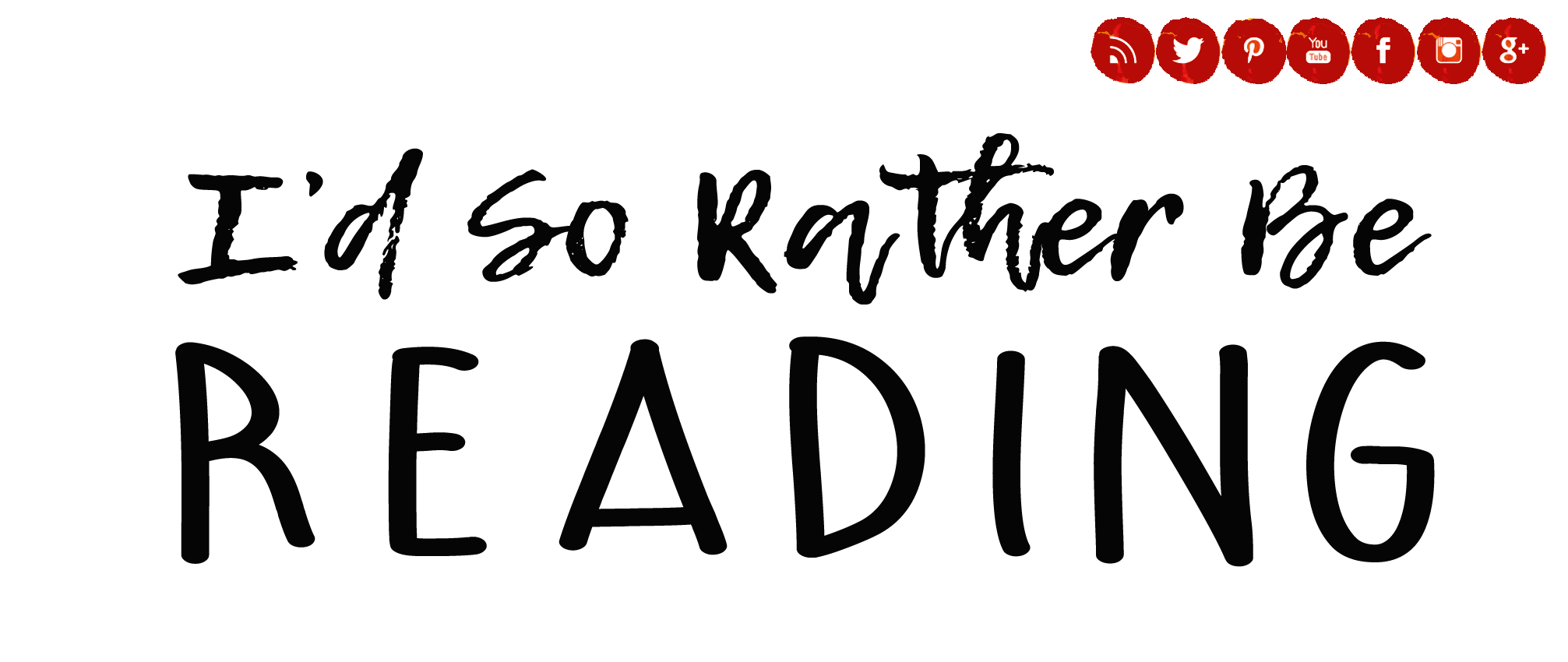Summary:
 This life-affirming, instructive, and thoroughly inspiring book is a must-read for anyone who is--or who might one day be--sick. And it can also be the perfect gift of guidance, encouragement, and uplifting inspiration to family, friends, and loved ones struggling with the many terrifying or disheartening life changes that come so close on the heels of a diagnosis of a chronic condition or even a life-threatening illness.
This life-affirming, instructive, and thoroughly inspiring book is a must-read for anyone who is--or who might one day be--sick. And it can also be the perfect gift of guidance, encouragement, and uplifting inspiration to family, friends, and loved ones struggling with the many terrifying or disheartening life changes that come so close on the heels of a diagnosis of a chronic condition or even a life-threatening illness.
The author, who became ill while a university law professor in the prime of her career, tells the reader how she got sick and, to her and her partner's bewilderment, stayed that way. Toni had been a longtime meditator, going on long meditation retreats and spending many hours rigorously practicing, but soon discovered that she simply could no longer engage in those difficult and taxing forms. She had to learn ways to make "being sick" the heart of her spiritual practice and, through truly learning how to be sick, she learned how, even with many physical and energetic limitations, to live a life of equanimity, compassion, and joy. Whether we ourselves are sick now or not, we can learn these vital arts of living well from How to Be Sick.
Release Date:
September 14, 2010
Age Group:
Adult
Source:
Purchased
Reviewed By: Kelli
Review:
I've been living with chronic illness my entire life: I was born with a genetic immune deficiency which has worsened with age. Along with the immune deficiency, I have several other auto-immune conditions as well as a chronic pain syndrome. To look at me, you'd never know how sick I am: I look perfectly fine on the outside. People like me are said to have "invisible illnesses." We are often misunderstood by family members, friends, even health professionals (for those of us with rare conditions, like me). Trying to live a full and happy life despite my health challenges is my greatest struggle. It's even more profound now that I'm a mother: I don't want my daughter to see me as a sick person. I want to be the best that I can be for her, and have the most positive outlook possible.
So it was with excitement that I read Toni Bernhard's How to Be Sick. I read an article written by Toni online and loved her writing style and message. I immediately bought her book and I simply devoured it. This book spoke to me and affected me deeply. I am a Christian and was a little leery of the fact that this book is Buddhist-inspired. I didn't know what that meant, really. All I knew about Buddhism is that practitioners meditate. That was it!
Toni gently educates the reader by applying Buddhism's principles to how to live peacefully with chronic illness. The main concept of this book is how to alleviate the mental suffering that accompanies chronic illness. Common examples of mental suffering are: asking why is this happening to me, being envious of healthy people, and being uncertain about the future (when will I relapse, will this treatment work, fear of testing and doctor visits, and fear of being unable to attend family events, etc). These issues are all things I struggle with in my every day life. So, to read a book that teaches me specific ways to address these fears was a true gift.
I loved that Toni gives so many practical examples throughout the book. The examples really drove the points home and made me feel like I could start applying what I learned right away. There is a great section at the end of the book with bullet points of what to do in certain situations. I loved that!
As soon as I finished How to Be Sick, I turned back to page one and got my highlighter ready. Now I'm reading the book a second time and really making a study of this insightful, life-changing guide. I can't say enough good things about this book. If you have anyone in your life who is chronically ill, or a caregiver, I would highly recommend How to Be Sick!



Ooo I love that you found something helpful that connected with you. *HUGS*
ReplyDelete